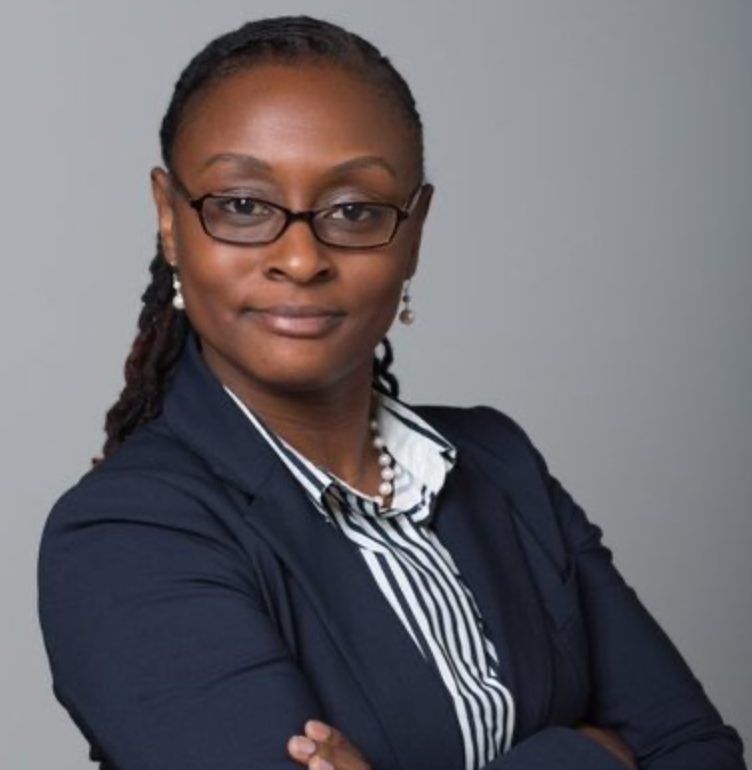Atlanta Public Schools appoints Chief Equity and Social Justice Officer
Courtesy of Tauheedah Baker-Jones
Tauheedah Baker-Jones will take on the position of Chief Equity and Social Justice Officer for APS. She has an extensive background in equity within urban education and was recognized by former president Barak Obama as a White House Community Leader in Education.
January 8, 2021
Tauheedah Baker-Jones has been appointed as the first ever Chief Equity and Social Justice Officer for Atlanta Public Schools (APS). In this new position, Baker-Jones will focus on student achievement, discipline, and culture-driven data and find areas in which schools can improve through a lens of equity.
“We really need to have a senior leader and a division strongly focused on the dual challenges of equity and social justice if we are going to see real movement toward a more equitable system of public education in Atlanta,” said APS Superintendent Dr. Lisa Herring in a statement. “I truly believe we have that person in Mrs. Baker-Jones.”
Baker-Jones previously served as the Senior Strategic Advisor for APS while completing Harvard University’s Doctor of Education Leadership Program. She sees her new role as an opportunity to work with the APS community to create and implement a vision for social justice and equity within schools.
“My personal vision as the Chief Equity and Social Justice Officer is that every single one of our students, regardless of what school they attend, thrive, and not by accident but by design.” Baker-Jones said. “What that means on a day to day basis is that all of our children experience meaningful, rigorous and culturally-responsive practices and support from our teachers and our support providers as well as our leaders.”
Baker-Jones describes this vision as a community-driven effort. She hopes to involve as many community members as possible to gain a perspective into what equity and social justice looks like for the district.
“It requires leadership from everyone, from our students, our families, our Board of Education, central office, teachers, school leaders, community members even,” Baker-Jones said. “Everyone is involved in this process, and I am excited to partner with everybody in building out this vision and making it a reality.”
The Atlanta Board of Education approved Baker-Jones following Dr. Herring’s recommendation. A member of the Board, Erika Mitchell represents District 5 and is a sitting member of the Board’s Equity Taskforce.
“Ms. Baker-Jones brings so much wealth of knowledge into our District and she is no stranger to Atlanta.” Mitchell said.
Mitchell and Baker-Jones recently spent hours on the phone discussing the district’s history and their shared plans and goals.
“We talked about the historic, systemic, systematic racism that’s in the school system right now,” Mitchell said. “Things that haven’t been dismantled; things that are driven by policy and regulations and protocols that need to be dismantled.”
The two also scrutinized inequities highlighted by the coronavirus pandemic.
“We knew we had certain issues and concerns before the pandemic and now it has just escalated.” Mitchell said. “We spoke very passionately about that, making sure that we can identify those needs and we can identify the budget for it.”
Baker-Jones spent her first two weeks on the job talking to individual stakeholders like Mitchell and touring schools, where she had one-on-one conversations with their principals.
“I am doing a lot of one-on-one, just talking to people to hear what people are experiencing in our school system, what their view of our system is, so we can start collaborative work,” Baker-Jones said.
Sutton Middle School principal Gail Johnson met in-person with Baker-Jones.
“She made it really clear that what was happening in the schools was a high priority for her work and that it was very important for her to get to know the schools and the principals of the schools to inform her work,” Johnson said.
While Baker-Jones did not speak to how she would specifically work with Sutton’s teachers and students, Johnson left their meeting feeling excited to further collaborate with Baker-Jones in the future.
“I think it’s apropos for this time period to make sure that all organizations, whether it’s public or private education, have a lens of equity on the work that they are doing,” Johnson said. “I am really thrilled that I work in a district that has seen that need and taken that initiative.”
One of Baker-Jones’s end goals is to create an APS Center for Equity and Social Justice to serve as a resource for the various departments across the district. She hopes to extend its reach to those who live in Atlanta and aren’t directly involved with the schools.
“For me, a center is where something is in the middle and everything radiates from that center,” Baker-Jones said. “That is kinda how I’m envisioning the Center for Equity and Social Justice. It’s the core but we are radiating out in a way to support everyone in that ecosystem.”
She imagines a space that can support everything from an advisory council staffed by civil rights leaders to collaborations with the equity officer on the city level to hosting book clubs made up of students, teachers and staff.
The possibility of an APS Center for Equity and Social Justice plays into Mitchell’s hope that Baker-Jones’s work is long-lasting and influential across the district.
“We can really be a school model for how it’s done in an urban city,” Mitchell said. “With her work, I really want to say I wish for it to be sustainable, to have longevity, not just a hit here, a touch there. We need to make sure that it is implemented with fidelity and will be carried on regardless of what administration comes to APS.”







